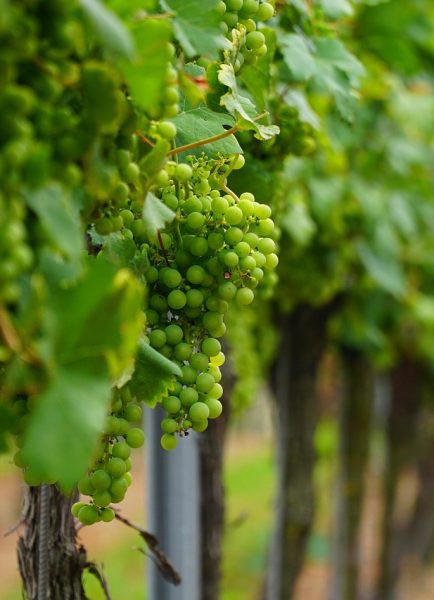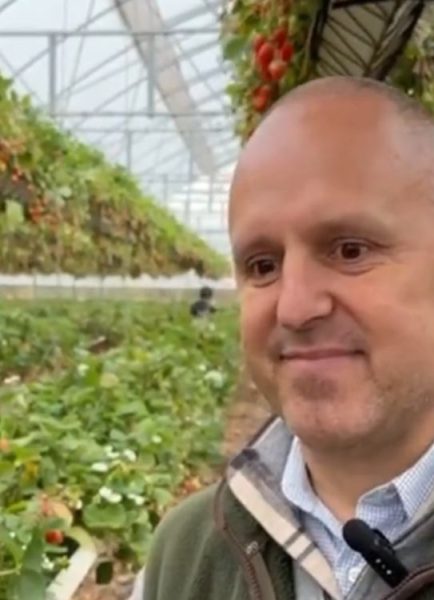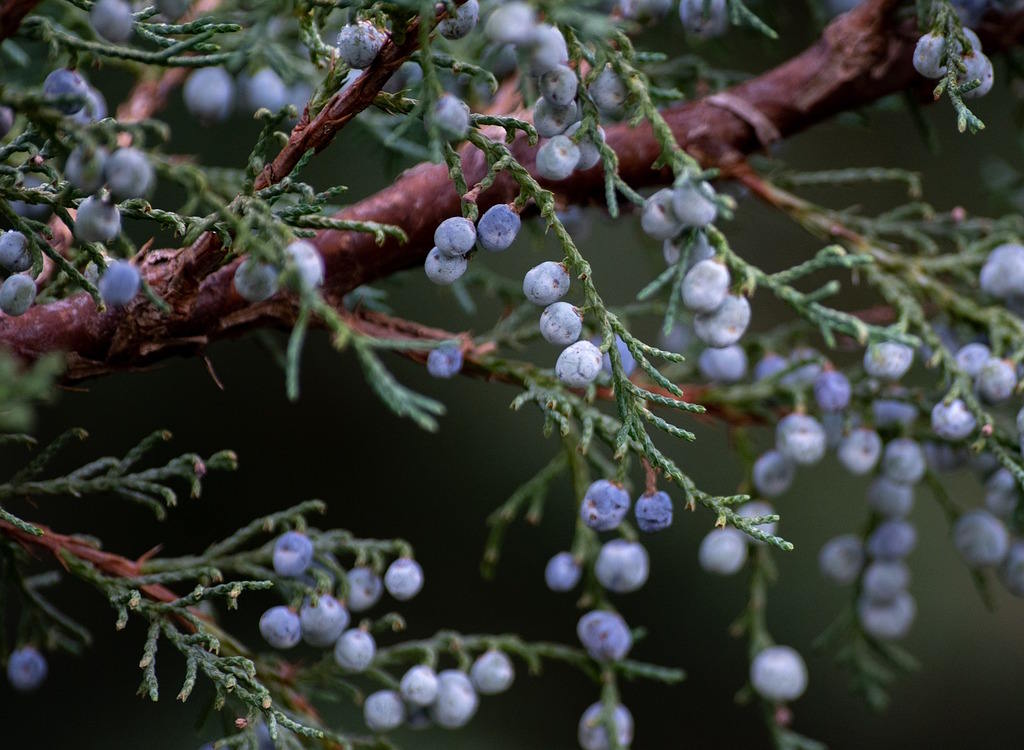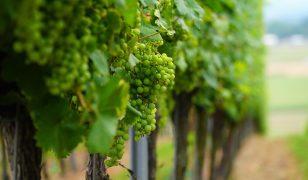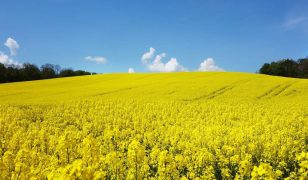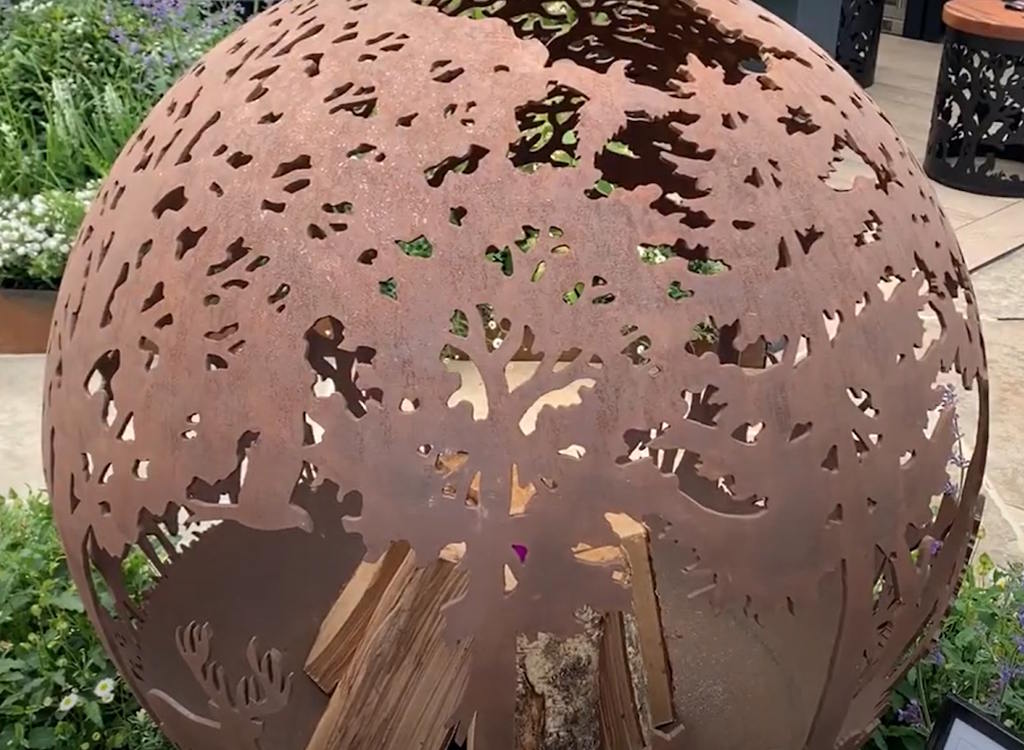One of Ken Crowther’s favourite tipple is gin and tonic.
But, have you wondered where the juniper berries that make your gin come from? Recent stories in the papers have suggested the native British juniper is under threat as farming habits have changed over the last 50 years.
The challenge
The UK’s older and established native juniper bushes are under threat from habitat loss and a fungal disease. A study produced by Plantlife Scotland found 79 per cent of the juniper plants recorded as either ‘old, mature or dead’.
Juniper is one of Britain’s three native conifer species, the other two being Scots Pine and Yew.
Juniper thrives in chalky grasslands and lowlands, but these habitats are being lost or fragmented, making it difficult for the plant to regenerate
The bush is susceptible to a root disease caused by the fungal pathogen Phytophthora austrocedri, which can cause widespread mortality.
What is being done to protect juniper?
Plantlife has a project to help juniper bushes in southern England and the conservation charity is working with land owners and Natural England.
48 patches of land at nine sites in Wiltshire and Oxfordshire were scraped back to create a grassland habitat suitable for Juniper to regenerate.
This is a landscape scale project and signs have been encouraging with near-natural regeneration of juniper taking place. A 2009 trial carried out by Plantlife saw 200 new juniper bushes regenerate on the scraped land.
Where do distillers get all of their juniper berries from?
In recent years there has been an explosion in the number of gin distilleries with figures from The Office for National Statistics showing that the number of distilleries in the UK went up from 710 in 2020 to 820 in 2022, surpassing the 190 in 2015.
Juniperus Communis is the main botanical used in gin production.
The major suppliers import juniper berries from North America or Europe through wholesalers.
Some distillers are cultivating their own juniper bushes for example Box Moor Gin in Hertfordshire has harvested from The Box Moor Trust estate in Hemel Hempstead to produce speciality gins.
Some smaller distilleries pride themselves on foraging for botanicals to give distinct and unusual flavours to their gin.
The total value of UK gin exports rose by £189.4 million to £730.9 million, up by more than one third on 2021’s exports. To put these figures in context Scotch whisky exports soared in 2023 to a value exceeding £5.6 billion, equivalent to an astounding 1.35 billion 70cl bottles. Still a very strong performance from the gin industry.
Ken finds out more.
Gin making at the East Coast Distillery (2024)
Ken visits the East Coast Distillery to learn about the production of gin. Nicole North from the East Coast Distillery talks about how the distillery in Essex was created and some of the ingredients that make the flavours of their gin.
**Remember safety is important when carrying out coastal foraging and we would recommend that research on making sure any foraging is low impact should be undertaken before any attempt to collect edible coastal plants.
To find out more and purchase gin online visit the East Coast Distillery website.
WorldRadioGardening.com
Let Ken Crowther help you with gardening tips and advice, – send him a question for his live show broadcast every third Sunday of the month on City Sound Radio. WhatsApp pictures and text to +44 7568 771825 to get an answer.
Alternatively ask Ken a question about garden plants and jobs by sending an email.
We’re delighted to have Gro-rite Horticulture sponsoring World Radio Gardening, find out about automatic pot watering systems available for mail order delivery.
Also, don’t forget – if you like what we do, why not tip Ken and team with a coffee – Buy us a coffee – as a thank you for the work done to bring this website to life.


